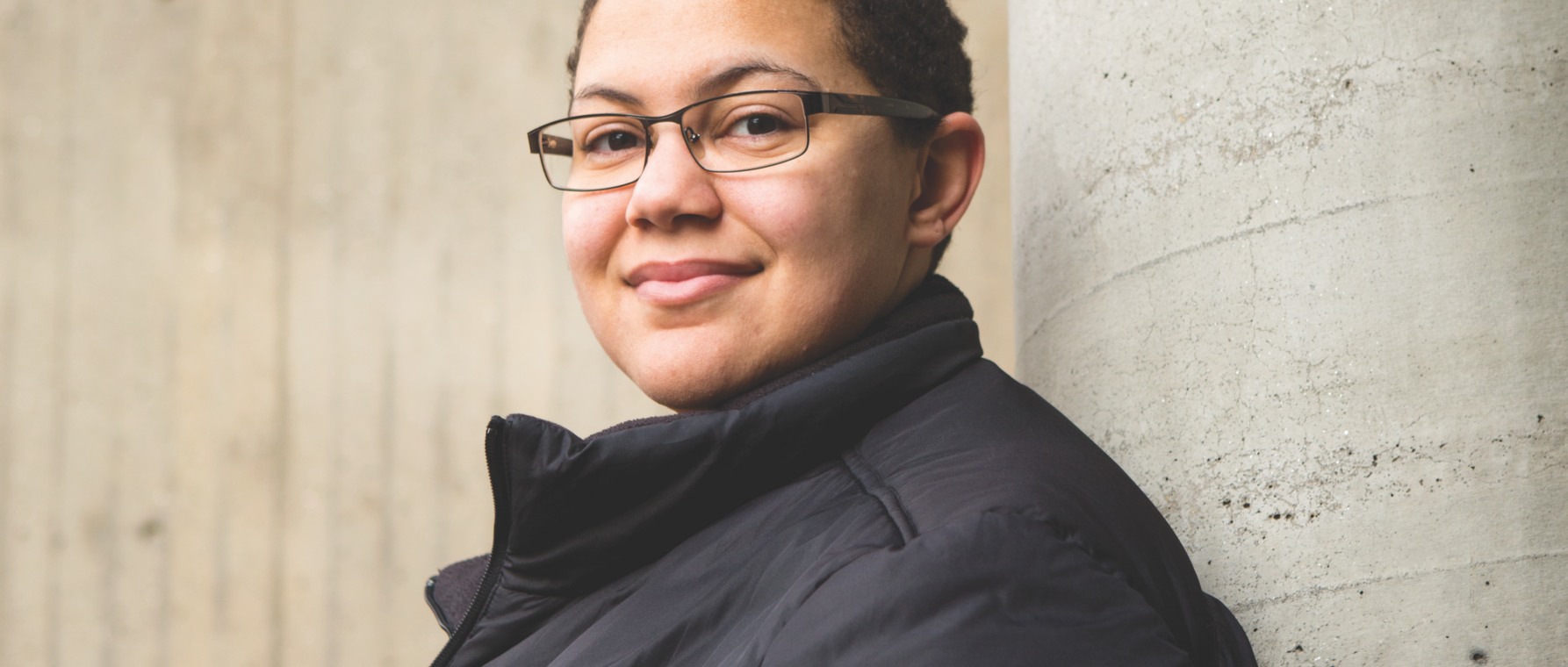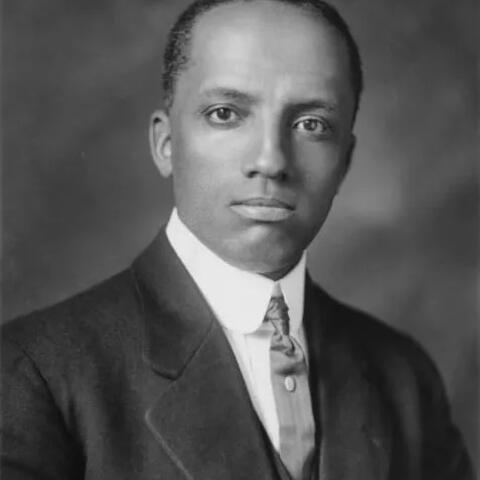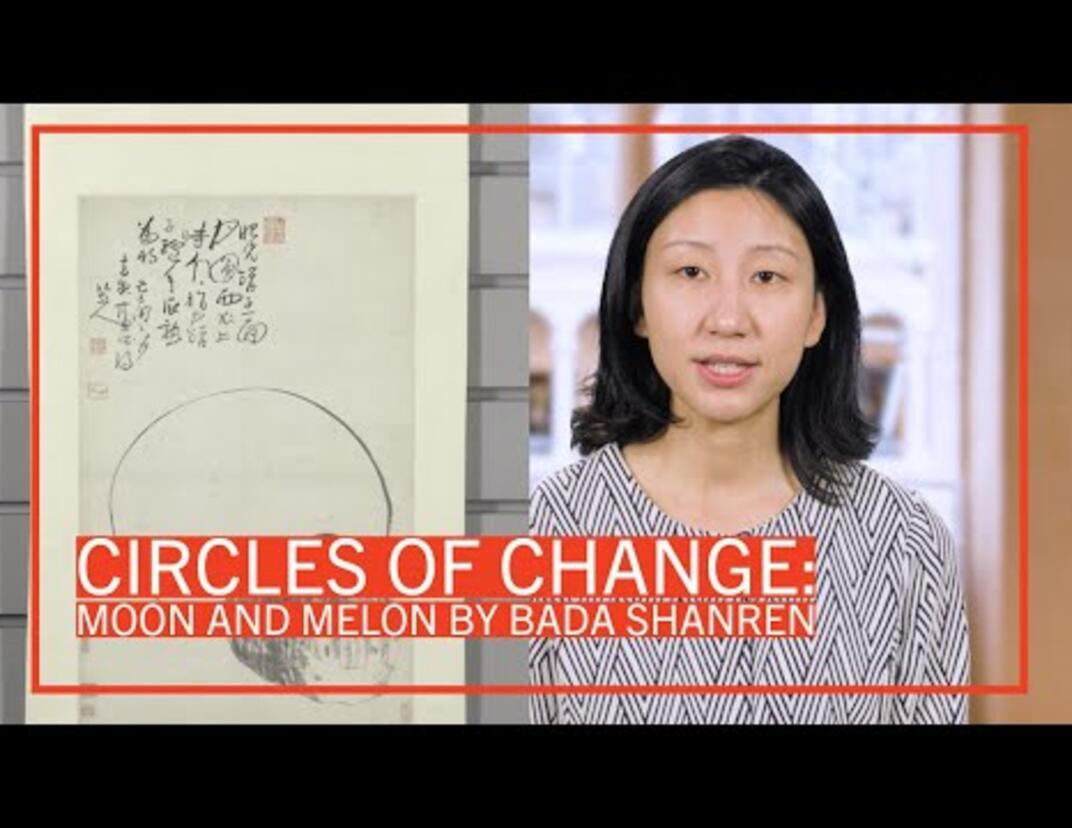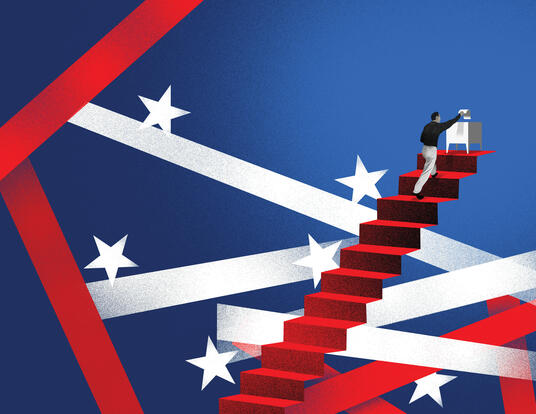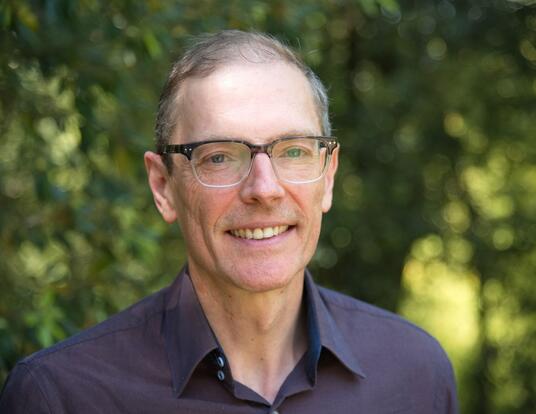For transgender individuals, gender categorization can have traumatizing and lasting effects. But Clarisse Wells, a PhD student in South Asian studies, believes that it isn’t the act of categorization that is the problem.
“There’s nothing inherently nefarious about having categories,” Wells says. “It’s the values we place on them as a society and how we treat people differently based on them. That’s where discrimination comes from.”
Wells addresses contemporary philosophical issues of race and gender through her scholarship in philosophy, specifically Indian philosophy. “Some of the Buddhist philosophers I study believed the world as we know it is manifest through language, what was essentially an early form of discourse theory,” she says. “They believed that there is nothing outside of word, which is really a radical statement.”
Further Reading:
Kristina Olson, PhD '08, overturns expectations about gender through the TransYouth Project.
READ MORE
As she considers race and gender, however, Wells sees concepts or ideas that stand apart from “word” or discourse—for example, the unspoken conviction of a person who connects with gender in a way that exists separately from how that gender is communicated through discourse. “Sometimes there are things outside of discourse that aren’t answerable to our linguistic practices, which isn’t a bad thing inherently,” she explains. “In my dissertation, I consider why discourse theory is so powerful for race and gender, knowing that we can’t discount the still-relevant theory of social construction. We have to address both concepts, and I bring Indian philosophical materials to advance that argument.”
On the Map
But Wells’ interest in gender isn’t purely philosophical. As a graduate student living in the GSAS residence halls, she regularly heard other residents request access to a gender-neutral bathroom. “At the time, the hall had only one bathroom per floor, which switched from men’s to women’s halfway through the semester,” she remembers. Two of the residence halls contained gender-neutral options. However, as Wells points out, “if you want to take advantage of that, you have to live in certain buildings.”
Wells decided to approach Director of Residential Life Ashley Skipwith to discuss creating gender-neutral options within the halls. Skipwith enthusiastically embraced the suggestion, but they quickly realized that logistical hurdles, such as building architecture, would prevent their vision from becoming a reality immediately. Instead of giving up, Wells pivoted to a new idea: to map nearby options. “And then we thought, ‘Let’s map out Harvard Yard,’” she says. “And that turned into ‘Let’s talk to the Longwood Medical Area,’ ‘Let’s talk to Harvard Business School.’” Before long, they had enough locations to think about how to publicize them to students and developed a Google map.
The Right Assessments
Wells is heartened by Olson’s research and by the impact it will have on children. “It is a precarious time for LGBTQ people in general, but for transgender people specifically, which is why it’s good to have more visibility on efforts to support, encourage, bolster, and defend folks who are gender-fluid or transgender,” she says. “The fact that Olson is working with such a vulnerable population is extremely important, because it can help identify psychological impact and define what they are dealing with mentally.”
With a nod to Olson’s study of how children learn to categorize others, Wells appreciates the power that categorization wields in determining how a person sees themselves, believing many social categories to be artificial constructs. “We make up these categories in our own heads and then act them out,” she says. “It can affect people in a very negative way if we aren’t making the right assessments.”
Photo by John Soares


